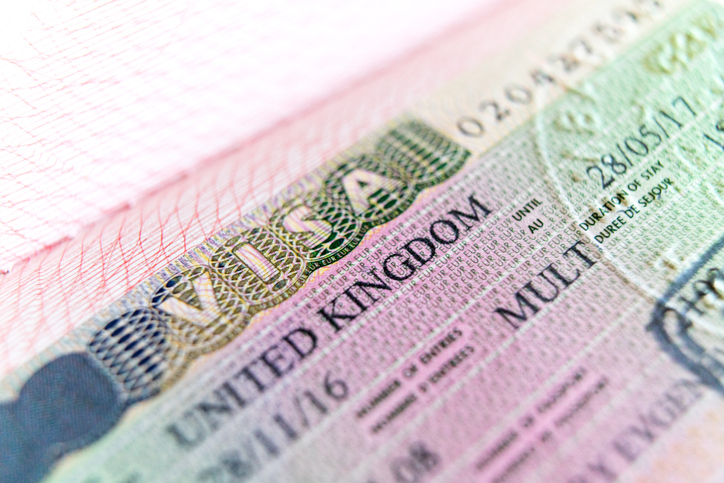The Grace Period
Imelda Reddington explores how the ‘grace period’ affects EU citizens.
Background
Following the expiry of the Transition Period on 31 December 2020, the principle of free movement that enabled EU citizens to enter and remain in the UK came to an end. EU citizens coming to the UK from 1 January 2021 will need to comply with the new UK immigration rules.
However, EU citizens residing in the UK up to 31 December 2020, along with their family members, are eligible for the right to remain in the UK indefinitely under the EU Settlement Scheme (EUSS), provided that they meet the requirements.
The ‘grace period’
Under the terms of the Withdrawal Agreement, the UK government is obligated to provide for a minimum of 6 months from the end of the Transition Period (i.e. until the end of 30 June 2021) for EU citizens and their family members to apply for either “settled” (5 years residence) or “pre-settled” (less than 5 years residence) status.
During this so-called ‘grace period’ EU citizens who were lawfully resident in the UK up to 31 December 2020 are permitted to continue residing in the UK until the end of 30 June 2021.
It is worth noting that under the EUSS, in contrast to free movement, there is no requirement for EU citizens to exercise or to have exercised Treaty rights. Consequently, students and self-sufficient people without Comprehensive Sickness Insurance (CSI), who were not residing lawfully up to 31 December 2020, can also continue to live in the UK during the grace period and submit an application under the EUSS.
Expiry of the grace period
EU citizens are strongly advised to ensure that they submit their applications under the EUSS well before the 30 June 2021 deadline. From 1 July 2021, EU nationals will be required to hold proof of lawful residence, either under the EUSS or the new immigration rules, to ensure they can continue to live, work and study in the UK. For instance, after 30 June 2021, employers will no longer be able to accept an EEA passport or National Identity card as evidence of an EU national’s right to work.
Any EU nationals who have failed to apply for settled or pre-settled status will no longer be ‘tolerated’ and will be subject to ‘hostile environment’ measures that will restrict their rights and entitlements.
Anyone who has made a valid application before the deadline but has not received a decision when the grace period expires will be deemed to be residing lawfully until a decision is made or an appeal is determined. However, this only applies to those who had been residing lawfully prior to 31 December 2020, meaning that EU nationals who were not lawfully residing by that date and are still awaiting the outcome of a decision after expiry of the grace period may be subject to the hostile environment measures.
The Government have also confirmed that late applications will be considered on a case by case basis and accepted where there are reasonable grounds for the lateness, for example children in care.
Given that it is not certain how EU citizens who have applied, but have not yet received a decision, can prove their lawful residence to employers and other third parties, it is advisable that they apply as soon as possible to ensure they do receive a decision before the end of the grace period on 30 June 2021.
If you have any questions about the contents of this article or if you need any assistance with applying under the EUSS, please contact [email protected] in the immigration team at FSP.

